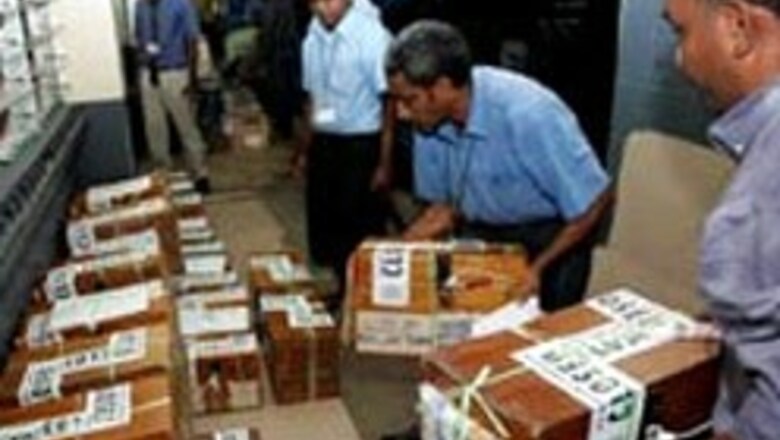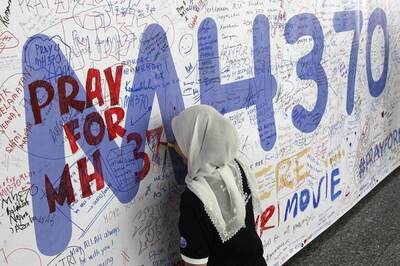
views
Suva, (Fiji): Fiji's ruling nationalist party and the main opposition, ethnic Indian-supported Fiji Labour Party, were neck and neck Tuesday as general election vote counting continued for a second day.
With results declared for 30 seats in the 71-member parliament, caretaker Prime Minister Laisenia Qarase's ruling Soqosoqo Duavata ni Lewenivanua (SDL) party had 14 seats and the main opposition Labour Party 13 seats.
Labour ally, the United People's Party, had taken one seat in this racially divided South Pacific nation's general election.
The Party of National Unity, PANU, and an independent candidate had won the two other seats declared.
Supervisor of elections, Semesa Karavaki, said he was confident all results would be declared by Tuesday night. A new government in Fiji could be formed by the weekend.
Qarase, fighting for a second consecutive five-year term, held his own seat in his remote Lau island constituency with a massive 93 percent majority of the votes cast.
The election pitted Qarase - an indigenous Fijian incumbent who is struggling for power with the country's military chief - against ethnic Indian opposition leader Mahendra Chaudhry.
Observers fear victory by either could trigger the nation's fourth race-related coup in a decade with police and the army closely monitoring the results this week.
Chaudhry's victory in the islands nation's 1999 general election sparked an armed coup by indigenous Fijians in May 2000 that toppled him from power.
Qarase claimed Tuesday that his public row with armed forces chief Commodore Frank Bainimarama has helped lift voter turnout among indigenous Fijians - SDL's main supporters
"The army commander's so-called truth and justice campaign against SDL is backfiring," he told Fiji Television.
Bainimarama has heavily criticized Qarase's administration in recent months for proposing laws to pardon some people involved in the 2000 coup.
The 71 seats in the racially divided parliament include 23 reserved for indigenous Fijians, 19 for Indo-Fijians, four for minority ethnic groups and 25 seats open to all ethnic groups.
As predicted by analysts, Fiji's 480,000 voters appeared to have voted mainly along ethnic lines with indigenous Fijians siding with the ruling SDL.
Ethnic Indians, descended from sugar cane farm laborers shipped in from India by colonial power Britain in the late 19th century, have remained with Labour.
But Qarase is supported by preliminary figures showing a poor voter turnout among Indian voters combined with a strong turnout by indigenous Fijians who make up a 53 per cent majority of the population.

















Comments
0 comment